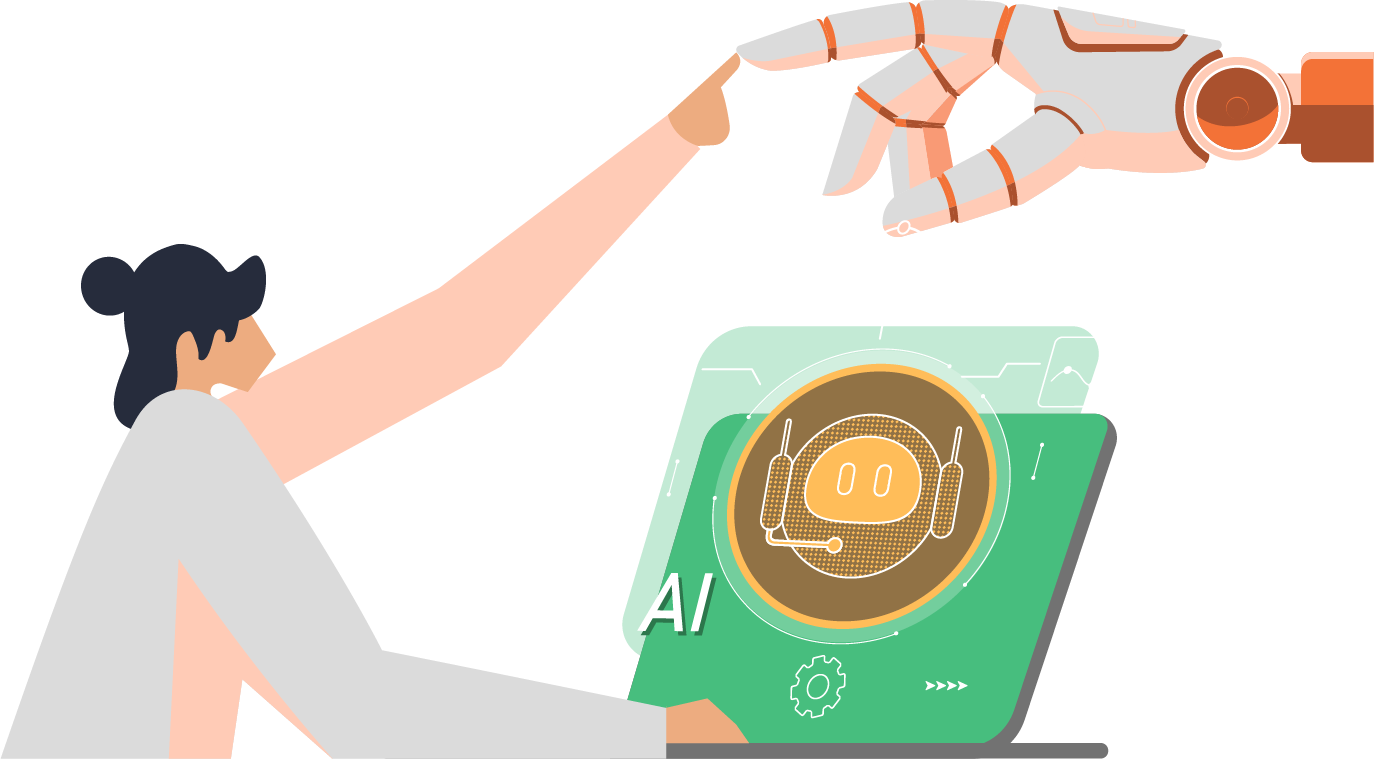I recently read a book by Susan L. Harrell, PMP called Managing Profitability Using Microsoft Project 2013: A Project Managers Guide to Measuring and Controlling Revenue-Generating Projects. I was expecting the author to discuss processes on project budget management and was surprised the book focused on identifying problems impacting project budgets. The author highlights issues beginning with the contract review, through the initiation of the project, and how to work with the appropriate team to resolve said issues
As I was reading the examples and suggestions in the book, I kept thinking “so, how can a project manager leverage the experience of other teams to identify and resolve recurring issues which impact project profitability?” Why lessons Llearned of course! However, in many situations, the lessons never go beyond the project team who experienced and recorded the lessons. The lessons were recorded but never retrieved and shared within the organization to avoid repeating the same lessons. This can be due to several reasons; including inadequate tools to search and retrieve lessons learned or lacking processes. I’ve experienced this in my career and struggled to find a solution encompassing more than just my project teams. Then I joined Insentra and discovered PCANI, or Project Continuous And Never-Ending Improvement.
Lessons Learned and PCANI
Jason Greenslade is the mastermind behind PCANI at Insentra, because the man is passionate about implementing Lessons Learned and despises Lessons Stored! Jason was kind enough to let me pick his brain about the process.
How does PCANI work?
Lessons Learned are captured and then entered into the PCANI register. A lesson learned entry can turn into multiple actions that are allocated and tracked through to completion. These actions consist of both short-term and long-term resolutions.
Let’s take a quick look at the methods used to capture Lessons Learned:
- Post Project Review (PPR): This is exactly how it sounds; lessons are reviewed at the end of the project. The project team, and sometimes other stakeholders, determine which lessons are important to learn from and they capture this into a PPR document. The information is then transferred to the PCANI register
- Change Request (CR): Part of Insentra’s change request process is to report why the change is occurring and capture Lessons Learned regarding the occurrence. The CR is then submitted through a review and approval process and the lessons captured into the PCANI register
- Lesson Learned Register: Within our project tracking documentation there is a register capturing lessons during the project. Individual lessons might be submitted if there were an important lesson which needs to be learnt right away
A team meets to review the lessons in the PCANI register regularly and decides what corrective actions are required within the business. Jason mentioned there is often intense discussion in the PCANI meetings, however always with good cause and a focus on continuous improvement.
In my opinion, one of the best features of PCANI, is the continuous learning process. If a lesson was believed learnt and all actions completed, yet the same lesson came through again, it goes back through the PCANI process for further analysis and action. As Jason put it, “the only way to escape the cycle is to really learn our lessons.” PCANI works because it continues to look at lessons until they are really learnt.
PCANI Successes
Whilst PCANI is still in its relative infancy as a formal process, Insentra has already seen some successes from this One Team One Dream process. A few of these successes relate to Susan L. Harrell’s suggestions regarding the sales process and are excellent examples of working together with other departments (i.e. one team) to resolve issues found in the project processes.
- Tools and process to better calculate risk are coming out of PCANI and can be applied for certain types of projects. Tools will better calculate the time needed for a project through a series of specific questions and provide a more accurate timeline and level of risk for the project
- An initiative to change commercial templates to reduce confusion though less ambiguity across both short-term and long-term initiatives. A short-term initiative is to update the template with more precise language. A long-term initiative is to create a glossary of terms to mitigate misunderstanding of the language within the contract
- PCANI also highlights what is going well not just in projects, but with the organization. Often, we only think of Lessons Learned as the issues a project may encounter, however Jason raised a good point in saying “Lessons Learned should also acknowledge what has worked well to ensure we keep doing and building upon it.” Identifying what processes are working well is also a success
What’s Next for PCANI?
PCANI continues to grow within Insentra, and there is more to come just over the horizon, so I asked Jason what we can look forward to, and he happily told me the following:
- Develop a PCANI Manifesto, so this process can be used over and over by any Insentron
- PCANI Automation. The current process for PCANI has lessons learned being emailed to Jason and manually processed. As PCANI matures, this process will become more automated
- In the spirit of continuous improvement, we seek to reduce the cycle time from issues occurring to when PCANI initiates a change in the business, whilst still being efficient
- Training people about PCANI and how to effectively capture both positive and negative lessons
- Creating training courses from PCANI which help people become better versions of themselves
- Expanding the team who is analyzing and actioning PCANI, so others learn from it and bring new and interesting ideas
In Conclusion
Susan L. Harrell’s book does a great job of pointing out how organizational issues can impact the profitability of projects, and how important it is to identify these issues and work within the teams of the company to resolve these issues. PCANI is showing to be a great process to do just that! I would love to hear about other solutions and innovative ways organizations are rising to this challenge so please post a reply to this blog.










